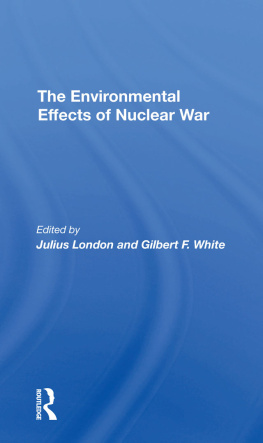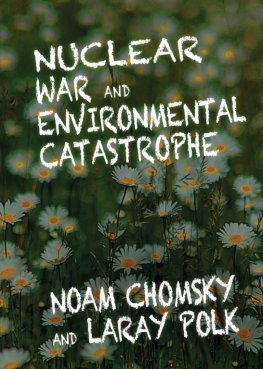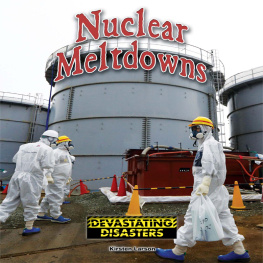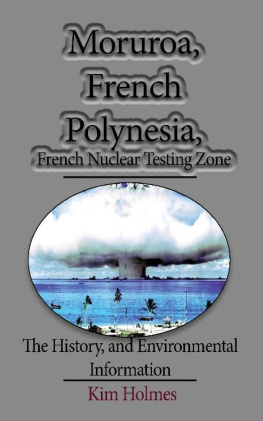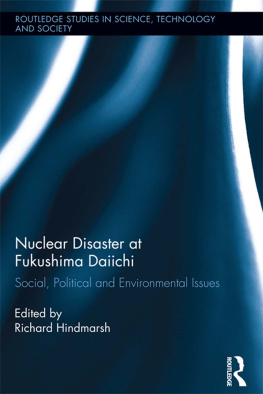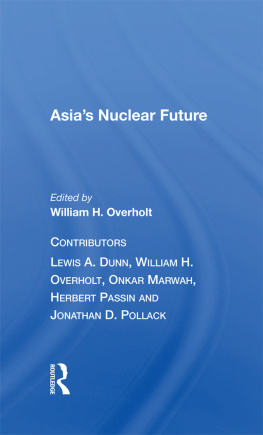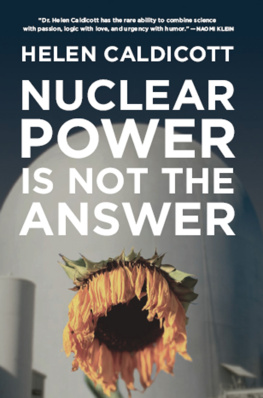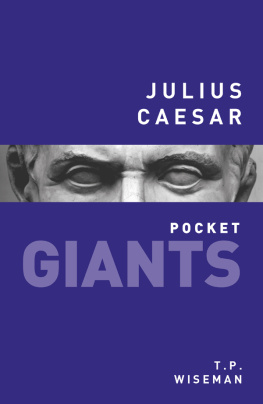The Environmental Effects of Nuclear War
AAAS Selected Symposia Series
The Environmental Effects of Nuclear War
Edited by Julius London and Gilbert F . White
First published 1984 by Westview Press, Inc.
Published 2019 by Routledge
52 Vanderbilt Avenue, New York, NY 10017
2 Park Square, Milton Park, Abingdon, Oxon OX14 4RN
Routledge is an imprint of the Taylor & Francis Group, an informa business
Copyright 1984 by the American Association for the Advancement of Science
All rights reserved. No part of this book may be reprinted or reproduced or utilised in any form or by any electronic, mechanical, or other means, now known or hereafter invented, including photocopying and recording, or in any information storage or retrieval system, without permission in writing from the publishers.
Notice:
Product or corporate names may be trademarks or registered trademarks, and are used only for identification and explanation without intent to infringe.
Library of Congress Cataloging in Publication Data
Main entry under title:
The Environmental effects of nuclear war.
(A Westview replica edition)
Bibliography: p.
1. Atomic warfare--Environmental aspects. I. London, Julius, 1917-II. White, Gilbert Fowler, 1911
U263.E58 1984 363.3'498 84-19699
ISBN 13: 978-0-367-29181-5 (hbk)
About the Book
This book assesses the current available information concerning the major scientific problems related to environmental consequences of a possible nuclear war. The contributors address a broad range of topics, among them the effects of blast, heat, and local radioactive fallout; the likely dispersal patterns and residence times of radioactive debris in the troposphere and stratosphere; the probable long-term effects on both the local and global biosphere and radiological consequences for humans; the effect on the global environment of widespread fires in urban and industrialized regions; and the likely significant decrease of stratospheric ozone with a resulting long-term increase in harmful UV radiation received at the ground.
The authors point to problem areas where current information is inadequate or completely lacking and discuss the role of the scientist in developing such information as a contribution to the elimination of the nuclear war threat.
About the Series
The AAAS Selected Symposia Series was begun in 1977 to provide a means for more permanently recording and more widely disseminating some of the valuable material which is discussed at the AAAS Annual National Meetings. The volumes in this Series are based on symposia held at the Meetings which address topics of current and continuing significance, both within and among the sciences, and in the areas in which science and technology impact on public policy. The Series format is designed to provide for rapid dissemination of information, so the papers are not typeset but are reproduced directly from the camera-copy submitted by the authors. The papers are organized and edited by the symposium arrangers who then become the editors of the various volumes. Most papers published in this Series are original contributions which have not been previously published, although in some cases additional papers from other sources have been added by an editor to provide a more comprehensive view of a particular topic. Symposia may be reports of new research or reviews of established work, particularly work of an interdisciplinary nature, since the AAAS Annual Meetings typically embrace the full range of the sciences and their societal implications.
WILLIAM D. CAREY
Executive Officer
American Association for
the Advancement of Science
Contents
Julius London and Gilbert F. White
John Duffield and Frank von Hippel
Lester Machta
Julius S. Chang and Donald J. Wuebbles
Arthur C. Upton
George M. Woodwell
Julius London and Gilbert F. White
Thomas F. Malone
Julius London , Gilbert F. White
Introduction
Until recent years the evaluation of nuclear warfare effects has been chiefly in terms of the direct impacts of the blast, heat and local radioactive fallout as they destroy humans, artifacts and social structure. Much of the public debate over the notions of a winnable, limited nuclear war and of survival thereafter has focused on the enormity of demands placed upon medical assistance for those people who live through the initial blast, the rationale or absurdity of plans to carry out massive evacuations as a means of deterring or mitigating the consequences of nuclear attacks, and the complexity of reconstruction.
Now, greater attention is turning toward the environmental consequences of nuclear detonations. This is basically because of increasing recognition that regardless of the immediate impact on lives, health, buildings, public facilities and the means of production, nuclear explosions might drastically alter if not, perhaps, fatally impair the life support systems of the globe. The vision of increasing through civil defense the number of survivors from direct impacts becomes morbidly whimsical if the survivors are in environments no longer capable of providing essential water and food.
It is now generally believed that there is no tenable concept of a winnable nuclear war. Most observers agree that once a nuclear exchange is started it would most likely quickly escalate to a "total" war. Whether or not they are correct could only be proven by an initially limited nuclear exchange that might or might not trigger a broader, cataclysmic conflict. It has, however, become clear that the consequences of a mass nuclear exchange, if itwere to occur, would be so catastrophic that all efforts must be exercised to prevent it. What are these consequences?
The following papers review recent efforts towards providing information on the short and long-term environmental consequences of total nuclear war. They do not deal with social or economic disruption to normal functions of society, nor with psychological trauma that may be caused by the extreme events, nor the breakdown of medical and other emergency support systems, topics which are nevertheless of profound importance in consideration of global consequences of such a calamitous event (see, for instance, Chazov and Vartanian, 1982; Laulan, 1982).
In the case of a widespread nuclear exchange as envisaged by some analysts, the intermediate and long-term effects would not necessarily be contained within any specific geographic area. In those circumstances the concept of a battlefield would no longer be applicable even if it were possible to limit the exchange to so-called tactical weapons. The use of tactical or counterforce targets would, in the view of those analysts, quickly extend to attacks on other than purely military nuclear installations.
The quality and extent of impairment to widespread life support systems from various patterns of nuclear explosions have been in controversy. Some sanguine observers have predicted that populations remote from direct bomb produced effects of light, heat and explosive blasts, and adequately protected from short-term fallout, would survive those early threats to life and health and promptly could set about the task of reconstructing their damaged physical and social systems. At the other extreme, observers have asserted that the impacts of a major exchange of nuclear warheads would wound the environment sufficiently to render the globe unable to support any substantial human population beyond a period of months or years. In between, and depending in part on assumptions made as to the number and nature of the detonations, are a variety of estimates as to the scope of environmental effects.


